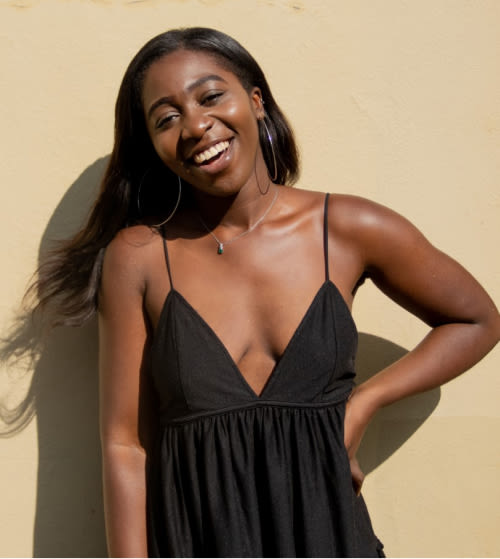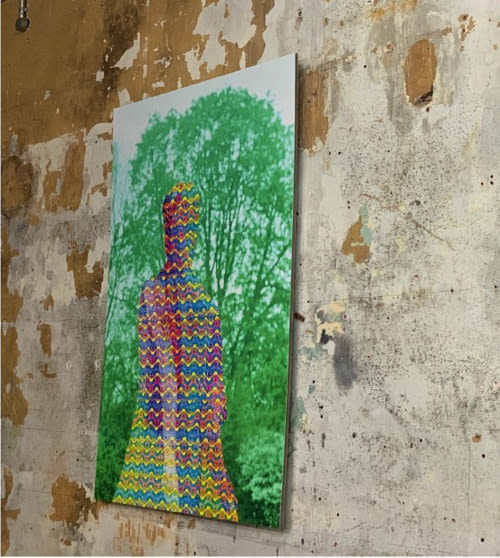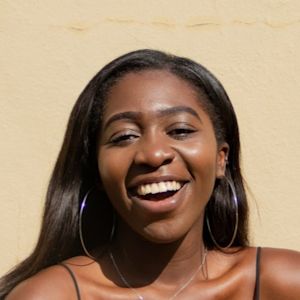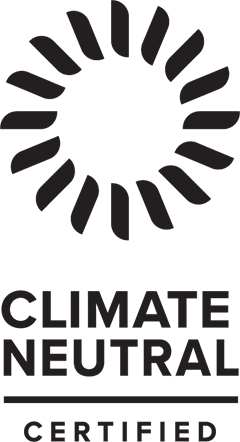During the last 10 months of living in rolling, precarious states of uncertainty, my thinking and approach as an artist and curator has unravelled entirely. I have been forced to question why it is that I make work, and what exactly is the value of having conversations in public. For as long as I can remember, I have felt inspired by the artistic work of various Black women. From the larger-than-life assemblage cut-outs of Lubaina Himid, to the striking portraits of Maxine Walker, it is the work of black women and their continued ability to work through processes of learning, and unlearning, resistance and radical imagining, which continue to inspire me to this day. Such work allowed me to better understand the reasons why I was originally drawn to art-making in the first place, not least in a time of isolation. These are artists who have allowed me to better understand myself and my positioning in the world. These are artists who allowed me to see how art can be used to signify, galvanise, and ultimately care for our communities, and overtime, the question arose of how I may artistically and critically engage in care in a time of isolation.
In my reimaging of care, one thing became clear- I needed to slow myself down. Though so many of us have been forced to be slow in a way that isn’t necessarily healthy, it is clear from the upsurge of digital content over the last (almost) year, that the art world has not slowed down at all. Instead, it has continued to follow this regime of quite intensive output online which admittedly, many including myself have benefited from. As a black woman who works as a writer, curator, and artist, I see first-hand how slowing down so rarely offers itself as an option. As service to myself, and those around me, I had to reimagine a care that advocated for slow engagement with body, self and surroundings.
Here are some methods that I’ve used for myself -
Sit down in the midst of it all, and if you have the opportunity, divide your time. Plan that you have at the very least time off every three months. It creates a personal boundary and ensures that you have regular time to step away and give time to yourself.
Find space for yourself and your ideas. Whether it be your reading, your research, particularly when working in large institutions, this can run away. Even purposely leaving holes in your diary may work. Hold onto your time — especially your lunch break!
Exercise your flexibility. This means constantly reprioritising what needs to be done, how and when — something ever more prevalent in a world that is always changing. Take the time to check in on what your week looks like, and how you’re feeling. It is okay to not always be in sync.
Pelumi’s photography installation in a 2019 exhibition in London.
As I share this writing with you, I have unravelled and doubted the meaning of them and their worth so many times. At this moment in time, slowness and care both cannot be denied. For the first time, there’s a demand for these things to be front and centre, whilst at the same time, there’s a total lack of ability of our societies to meet this demand for care.
What happens if we continue to pursue our demand for care, which unfolds in a slower way beyond this pandemic moment in society, not least within the arts? As I continue my work with artists, communities, and spaces for the future, I hope to continue to demand a method of working that is attentive to the needs of both mind and body. This last year has been arduous for many, and I no longer take my health, safety, love, or security for granted. These are things, which I now strive to centre in my life. At first, this may feel like something quite radical, however, by incorporating the methods and rhythms of rest in my daily routine that I have listed above, I have slowly become able to fight burnout, and spend more time caring for myself, and others around me.

































